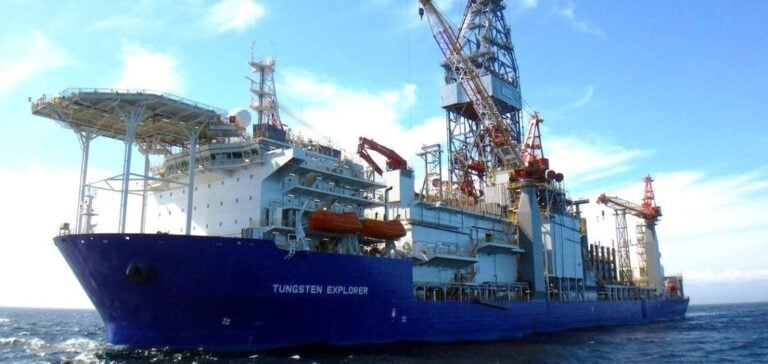The creation of TEVA Ship Charter LLC, a joint venture between TotalEnergies and Vantage Drilling International Ltd., marks a strategic milestone in offshore drilling platform management. Based on a solid partnership, this entity will operate the **Tungsten Explorer** drilling platform under an initial ten-year contract, with the possibility of a five-year extension.
The acquisition of the platform, scheduled after its current contract in Congo ends, is governed by detailed agreements, including a purchase agreement and a management contract. Vantage Drilling, a specialist in offshore operations, will oversee the platform’s daily operations, further solidifying its presence in the African market.
Commercial objectives and strategic implications
This initiative reflects TotalEnergies’ strategy to diversify its activities in the offshore sector while strengthening its commercial partnerships. Congo, rich in energy resources, provides a conducive environment for such a strategic investment. Through this project, TotalEnergies reaffirms its ambition to maximize the performance of its assets in complex environments.
Vantage Drilling, on the other hand, gains a unique opportunity to demonstrate its operational expertise. The agreement outlines joint management of operations through TEVA, which is expected to ensure increased efficiency and high standards in safety and sustainability.
A sector in search of resilience
In a context where the global oil and gas market remains marked by geopolitical and economic challenges, such strategic collaborations are crucial. The partnership between TotalEnergies and Vantage Drilling highlights the importance of synergies in reducing operational costs while optimizing production.
The TEVA initiative also comes at a time when major energy companies are striving to balance profitability with technological innovation. With centralized management and clearly defined objectives, the joint venture exemplifies a proactive approach to overcoming the challenges associated with offshore projects.






















